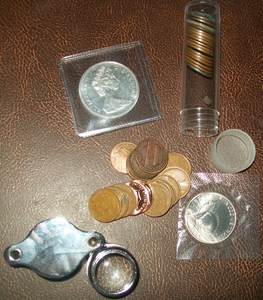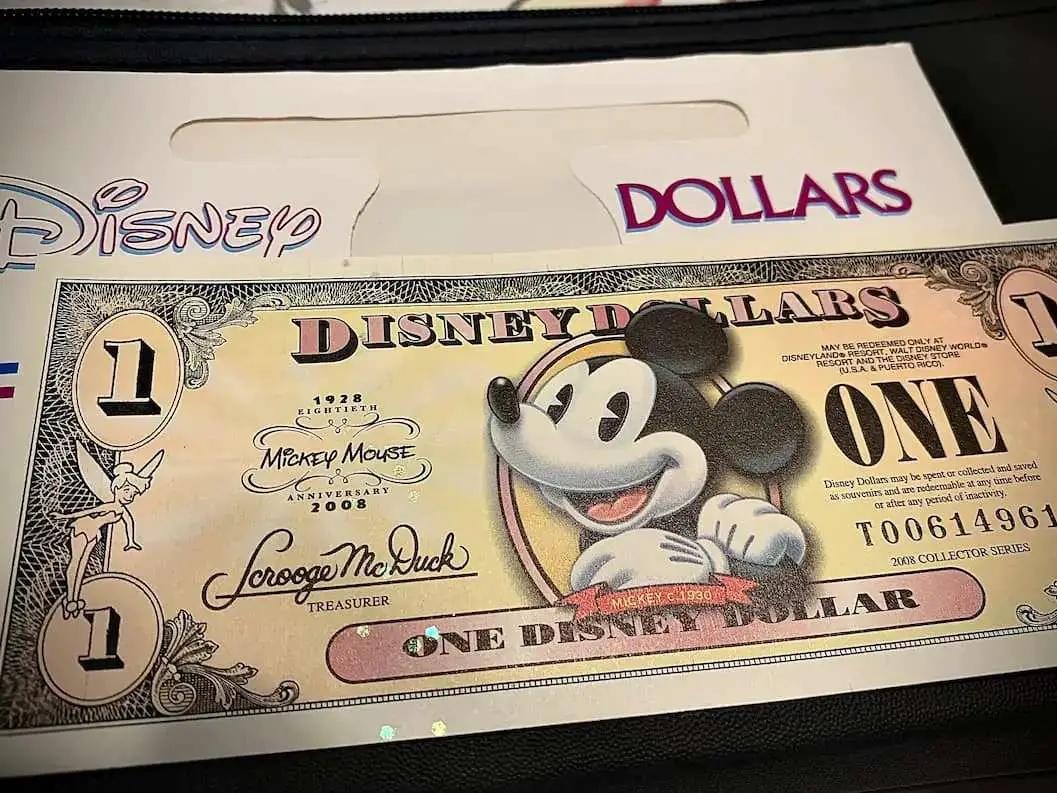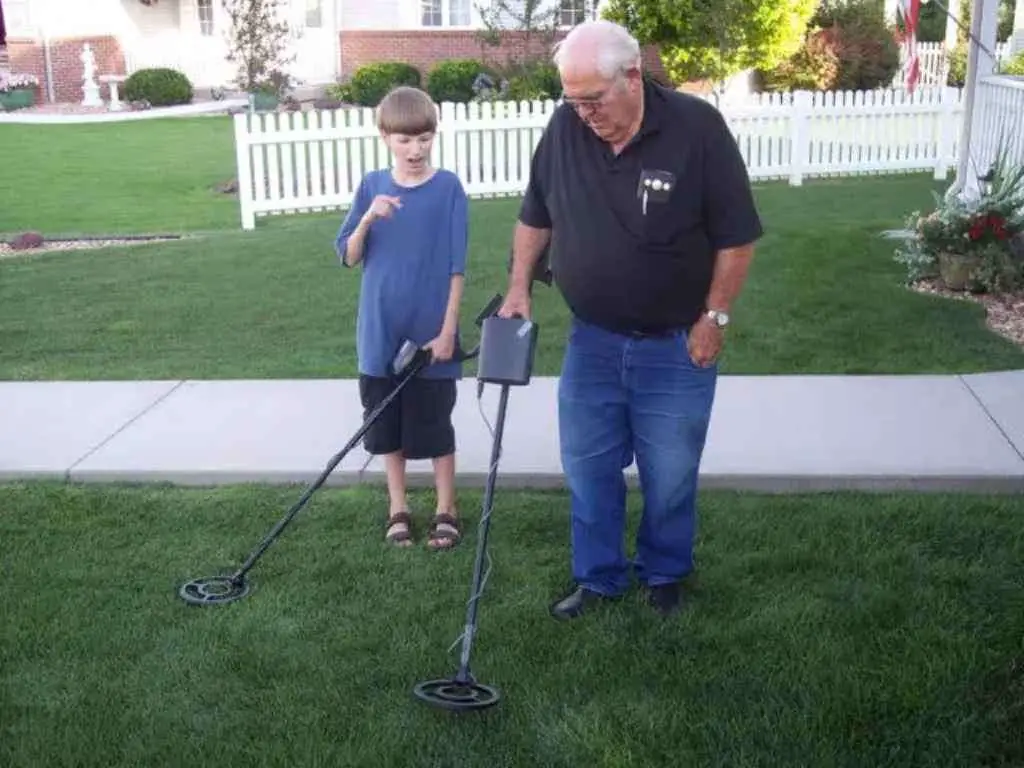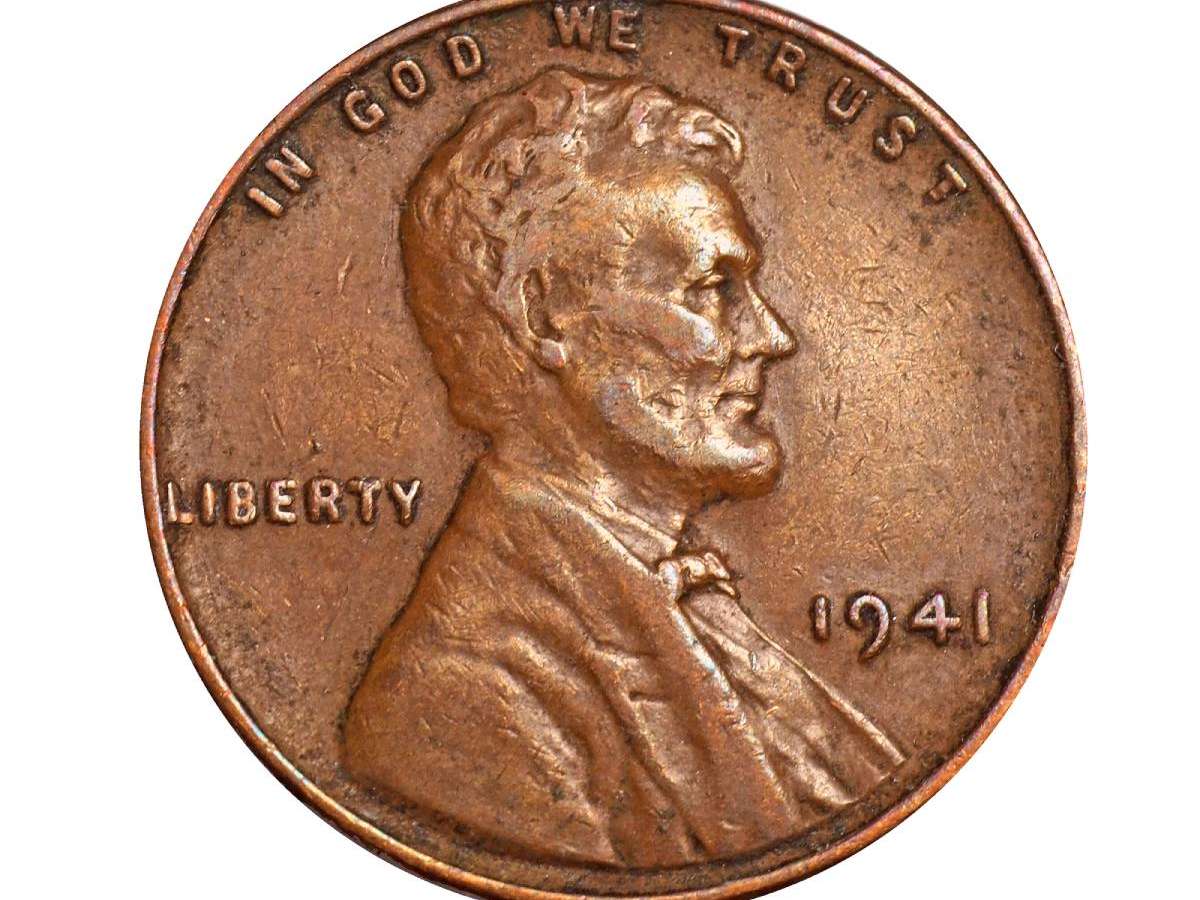That’s life, right?
Well, for coin collectors, ‘living’ and then learning from the consequences of mistakes can be very costly — and sometimes damaging to coins.
What are some of the common mistakes coin collectors make early on?
Let’s take a look at avoiding mistakes you won’t want to make.
If you’re like many new coin collectors, you’ve either:
- Just found an interesting coin in your pocket change that caught your attention.
OR… - Somehow acquired a bunch of coins (perhaps from an estate or loved one) and you don’t know anything about the hobby of coin collecting.
Of course, there are many other ways that people find themselves as coin collectors — or with coin collections.
But, at any rate, you now find yourself with coins worth keeping but aren’t sure how to take care of them.
Well, now’s a good time to dive into some of the most common mistakes new coin collectors make with their new possessions.
Mistake #1: Cleaning Coins
If there’s one mistake new coin collectors commonly make, it’s cleaning their coins. You have no idea how many times I’ve heard of people asking ‘what’s the best way to clean a coin?’
The answer I like to give is ‘there really is no best way to clean a coin, because you shouldn’t be cleaning them in the fist place!’
But, of course, people want to know why it’s NOT better for a coin to be polished to a nice shine rather than stay ‘tarnished.’
In coin collecting, ‘tarnish’ (which coin collectors usually refer to either as color or tone) is something desired. It makes the coin original. Coin collectors like original coins — not ones that have been buffed up.
And, by the way, cleaning a coin can cause it permanent damage. Yep — using baking soda, toothpaste, salt, or any other concoction you’ve probably seen online to clean your coins will put countless tiny hairline scratches on the coin, removing metal. And vinegar, hot sauce, and ketchup? Oye — the number of pretty pennies that have been permanently scarred with that list of cleaning agents is too long to cite.
Again, vinegar, ketchup, hot sauce, copper brightener, and other things used to clean pennies permanently affect the coin’s metal and will not only cause the coin to look unnatural. The chemical reactions during a cleaning will forever change the way that coin naturally tones and ages. The results are virtually never good.
So, don’t clean your coins, OK?
Mistake #2: Storing Coins In Jars, Boxes, & Bins
It seems many people like storing their coins in bunches, as if buried treasure found in a chest. While stashing coins away in large boxes may have worked for the pirates of yore, it’s not going to keep the coins belonging to today’s coin collectors safe.
Keeping a bunch of loose coins together in bunches like that is a quick way of damaging them. All those nicks, scratches, and dings you see on brand new coins straight from the United States Mint got there from being jostled around in large sacks. When coins make direct contact with other coins, the result is most often seen in the imperfections on otherwise uncirculated coins.
So, how do you keep your coins safe?
Here are a few ideas:
Using any one of these storage methods or a combination of them will be sure to keep your coins looking their best and staying safe.
Mistake #3: Not Holding Coins By Their Edges
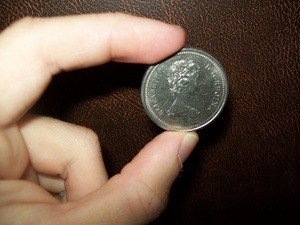 I can see it now — the first thing new coin collectors do is pick up a coin and place their fingers all over the heads (obverse) and tails (reverse) side of the coin.
I can see it now — the first thing new coin collectors do is pick up a coin and place their fingers all over the heads (obverse) and tails (reverse) side of the coin.
That, however, is a really bad way to hold a coin — and a good way to place fingerprints and oil marks all over it.
So what’s a safe way to hold a coin?
Using your thumb and forefinger, hold the coin by its edge, like in this photo.
Oh, and don’t forget to wear clean gloves when possible. And hold your coin over a soft surface… in case you accidentally drop it!
-> Here are 4 more things you should never do with your coins.
I’m the Coin Editor here at TheFunTimesGuide. My love for coins began when I was 11 years old. I primarily collect and study U.S. coins produced during the 20th century.
I’m a member of the American Numismatic Association (ANA) and the Numismatic Literary Guild (NLG) and have won multiple awards from the NLG for my work as a coin journalist. I’m also the editor at the Florida United Numismatists Club (FUN Topics magazine), and author of Images of America: The United States Mint in Philadelphia (a book that explores the colorful history of the Philadelphia Mint). I’ve contributed hundreds of articles for various coin publications including COINage, The Numismatist, Numismatic News, Coin Dealer Newsletter, Coin Values, and CoinWeek.
I’ve authored nearly 1,000 articles here at The Fun Times Guide to Coins (many of them with over 50K shares), and I welcome your coin questions in the comments below!

